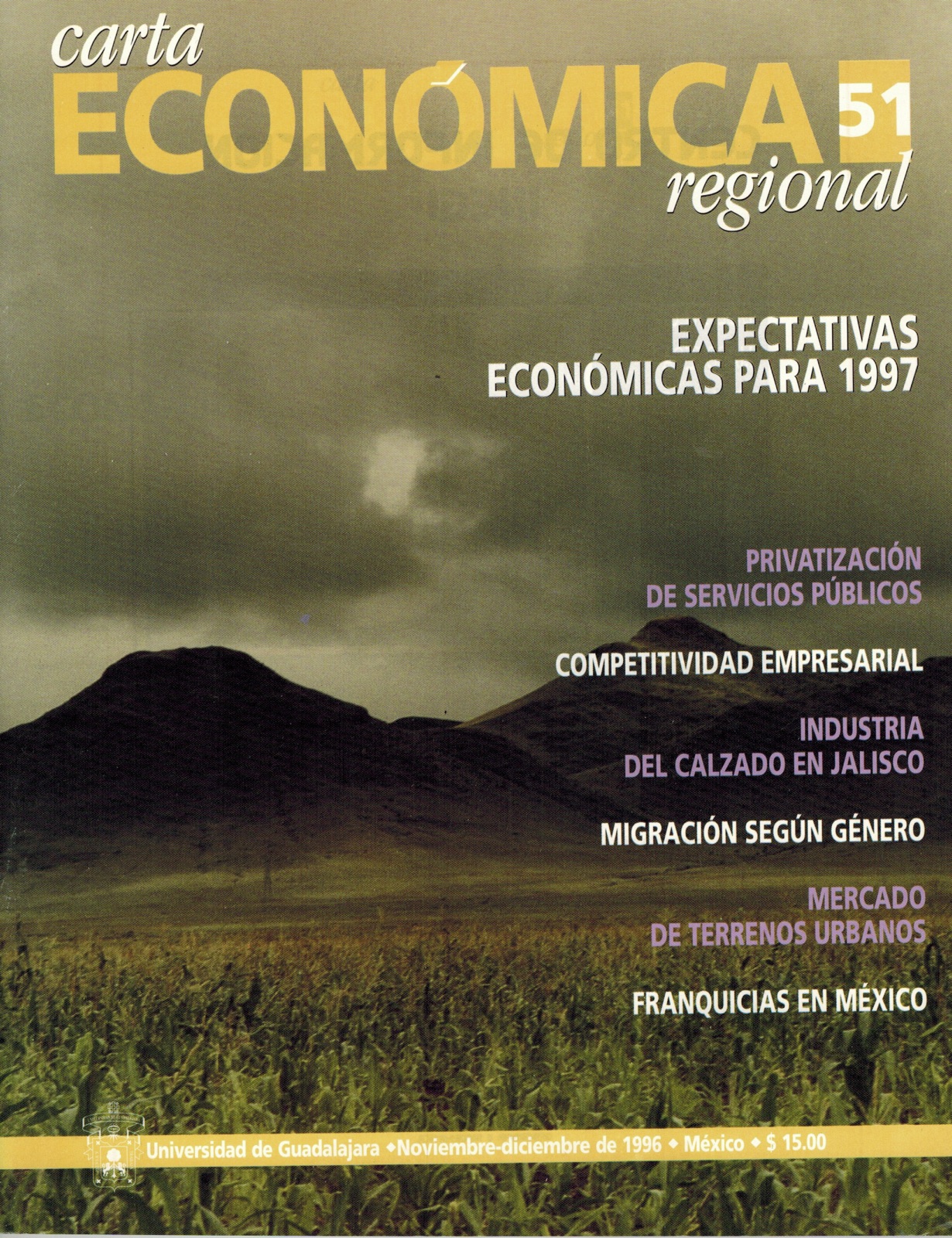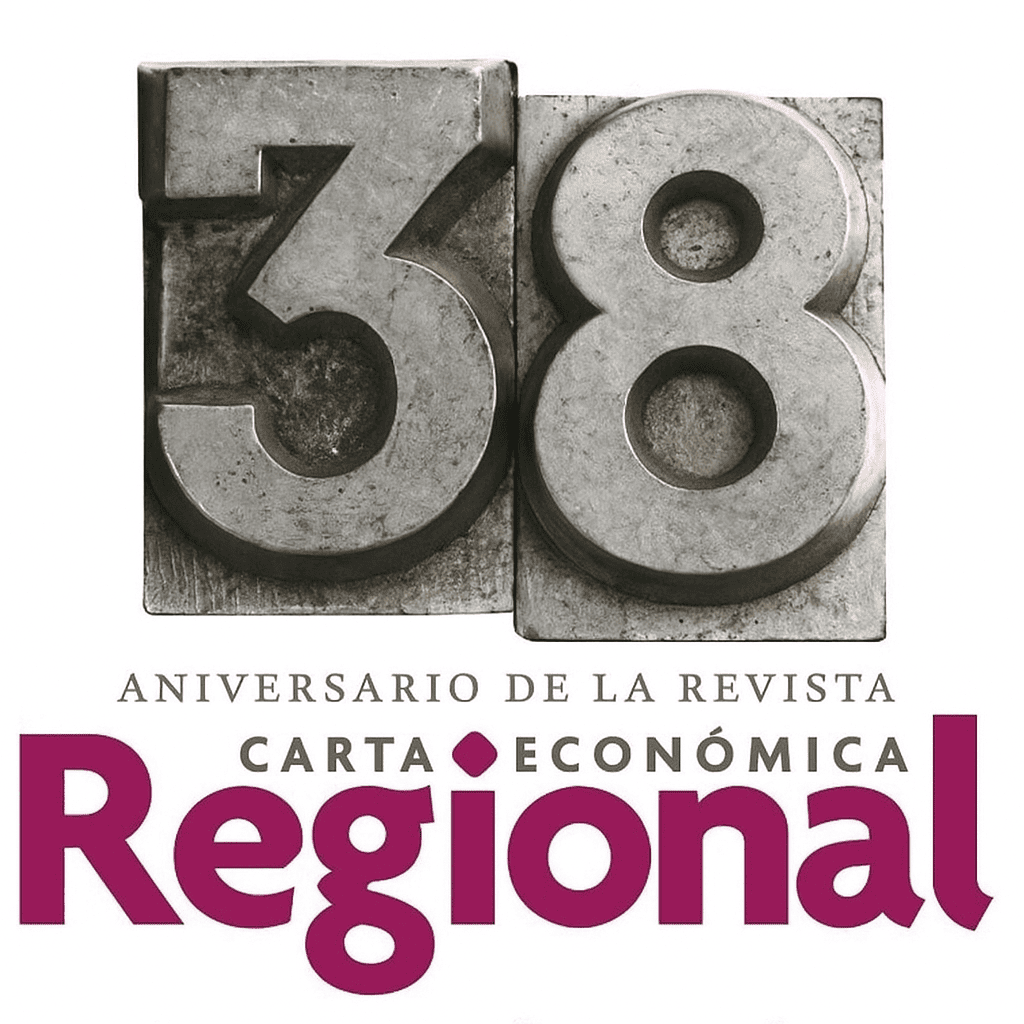NUEVO PAPEL DE LOS MERCADOS DE TERRENOS URBANOS: IMPACTOS NEOLIBERALES EN AMÉRICA LATINA
Resumen
En muchos países latinoamericanos está cambiando la naturaleza del Estado: de ser controlador central de la política económica sectorial a portero neoliberal de los mercados abiertos. Este cambio requiere repensar cómo dirigir, influir e intervenir en un importante sector de política urbana: los mercados de terrenos.El creciente interés en el sector de terrenos urbanos por parte de organismos financieros internacionales y de los gobiernos nacionales (Banco Mundial, 1994; Farvaque y McAuslan, 1992; Balandro, 1994; Silva, 1994) indica que la manera en que las ciudades funcionan a nivel micro-espacial surge como un elemento del pensamiento contemporáneo acerca de la política de desarrollo. A los administradores públicos de áreas urbanas se les dan más responsabilidades pero con menos recursos, apoyo técnico central decreciente y dirección parcial de sus políticas.Citas
Balandrano, A. "Programa de Cien Ciudades de Sedesol", mimeo, junio de 1994.
Brown, H. et al. "Land markets at the urban fringe: new insights for policy market", Journal of the American Planing Association, vol. 47, núm. 3, April 1981, pp. 131-144.
Dowal, D. E. “The Karachi development authority: failing to get (he prices right", Journal of Land Economics, November 1991, pp. 462-471.
Dowal, D. E. “Bangkok: a profile of an efficiently performing housing market", Working paper núm. 493, Institute of Urban & Regional Development, University of California at Berkeley, January 1989.
Farvaque, C. and P. McAuslan, Reforming urban land policies and institutions in developing countries. The World Bank, Urban Management Program, Washington, 1992.
Forsyth, A. A. ‘The Institute for Liberty and Democratic Property”, en Regularizing the informal land development process. USAID, Septembre of 1991.
Goldberg, M. y P. Chinloy, Urban land economics. John Willy and Sons, New York, 1984.
Jaramillo, S., Hacia una teoría de la renta del suelo, Ediciones Uniandes/lnstituto Geográfico Agustín Codazzi, Bogotá, 1994.
Jones, G. J. y Ward, P. (eds.) Methodology for land and housing market analysis, University College, London Press, Londres, 1994.
Linn, J., Cities in the developing world: policies for their equitable and efficient growth, Oxford University Press, 1983.
Molina, H., "Bogotá competition and substitution between urban land markets”, en The transformation of land supply systems en third world, Paul Baross and Jan van der Lindern (eds.), New Castle, Avery, 1991.
Ratcliff, R.U., Urban land economics, McGraw Hill, New York, 1947.
Silva, J., “Hacia una política de desarrollo urbano", mimeo, Ministerio de Vivienda y Urbanismo, Santiago, junio de 1994.
Smolka, M. O. "Bridging conceptual and methodological issues in the study of second-hand property markets in Rio de Janeiro, Brazil", en Methodology for land and hosing market analysis, Jones, Garet and Peter M. Ward (eds.), Lincoln Institute of Land Policy, Cambridge, 1994.
USAID, Office of Housing and Urban Programs, Regularizing the informal land development process. Agency for International Development, Washington, September 1991.
World Bank, World Bank indicators, Oxford University Press, 1994.
Aquellos autores/as que tengan publicaciones con esta revista, aceptan los términos siguientes:
- Los autores/as conservarán sus derechos de autor y garantizarán a la revista el derecho de primera publicación de su obra, el cuál estará simultáneamente sujeto a la Licencia de reconocimiento de Creative Commons que permite a terceros compartir la obra siempre que se indique su autor y su primera publicación esta revista.
- Los autores/as podrán adoptar otros acuerdos de licencia no exclusiva de distribución de la versión de la obra publicada (p. ej.: depositarla en un archivo telemático institucional o publicarla en un volumen monográfico) siempre que se indique la publicación inicial en esta revista.
- Se permite y recomienda a los autores/as difundir su obra a través de Internet (p. ej.: en archivos telemáticos institucionales o en su página web) déspues de que su trabajo sea publicado, lo cual puede producir intercambios interesantes y aumentar las citas de la obra publicada. (Véase El efecto del acceso abierto).











